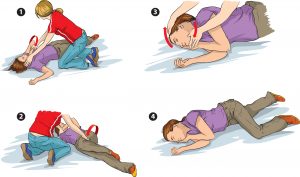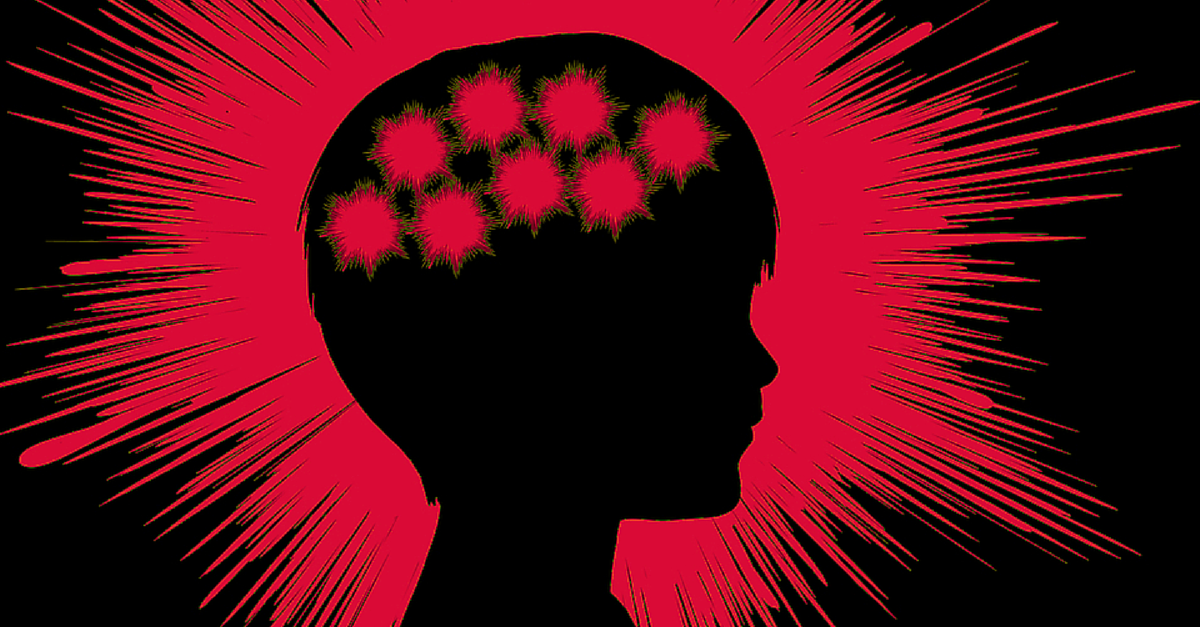Seizures are the result of abnormal activity in the brain. We are not referring to your husband’s inability to pick his socks off the floor in the morning, however, but rather to a serious electrical issue within the brain.
Understanding certain signs and symptoms associated with a seizure will help you prepare should your child ever experience one. Seizures can be very frightening to witness, especially in your own child, but remember that most last only a few minutes and stop on their own. Most of the time they are not life threatening.
Common symptoms include but are not limited to:
- Unusual sensations
- Uncontrollable muscle spasms
- Loss of consciousness
- Eyes rolling
- Staring or blinking
- Repetitive movements followed by confusion
Causes of Seizures
There are numerous factors that may trigger a seizure in your child
- Low blood sugar
- Infections
- Head injuries
- High Fever
- Children holding breath too long (while trying to cry)
- Accidental poisoning
- Drug overdoses
- Meningitis
- Cerebral Palsy
- Brain tumors
Anything that results in a major reduction of oxygen supply to the brain as well as a reduced flow of blood to the brain has the potential to cause a seizure.
Epilepsy
When seizures begin to happen over and over indications are that your child could suffer from a condition known as epilepsy. Epilepsy occurs in approximately 1 out of every 100 children. Having a seizure, however, does not mean your child suffers from epilepsy. Here is a quick quiz to see how much you know about Epilepsy.
Epilepsy and Seizures Quiz: Test Your Medical IQ
If Your Child Has a Seizure
But what if your child does have a seizure? What do you do? How do you respond?
- Place the child on the ground (preferably on their right side)
- Remove nearby objects
- Loosen their clothing around their head or neck
- DO NOT try to wedge their mouth open or place an object between their teeth
- DO NOT try to restrain their movements
- Comfort them and protect them
If the seizure results in the following you should seek the care of an emergency center immediately:
- Difficulty breathing
- Bluish color
- Head Injury
- Known heart condition
- First time having a seizure
- Chance of poison ingestion
- Chance of medication ingestion
- Child has had seizures before but it lasts longer than usual
Many times, following a seizure your child may fall asleep. This is ok. Let them rest as long as they are breathing comfortably. Do not try to give the food or drink until they are awake and alert.
Following any seizure call your doctor or seek emergency medical services.
Your medical professional will want to know the following information
- Child’s medical history
- Birth history
- Recent illnesses
- Medications or chemicals possibly exposed to
- Where did the episode occur
- How long did it last
- What type of movements
- How long was your child sleep afterward
Stay alert and stay aware of what is going on in your child’s life. Observe their behavior and take action when action is needed. When accidents and emergencies happen always remember that Beaumont Emergency Hospital is here to help. Children are VIPs to us. We are parents too and understand that nothing hurts more than seeing your child suffer.


